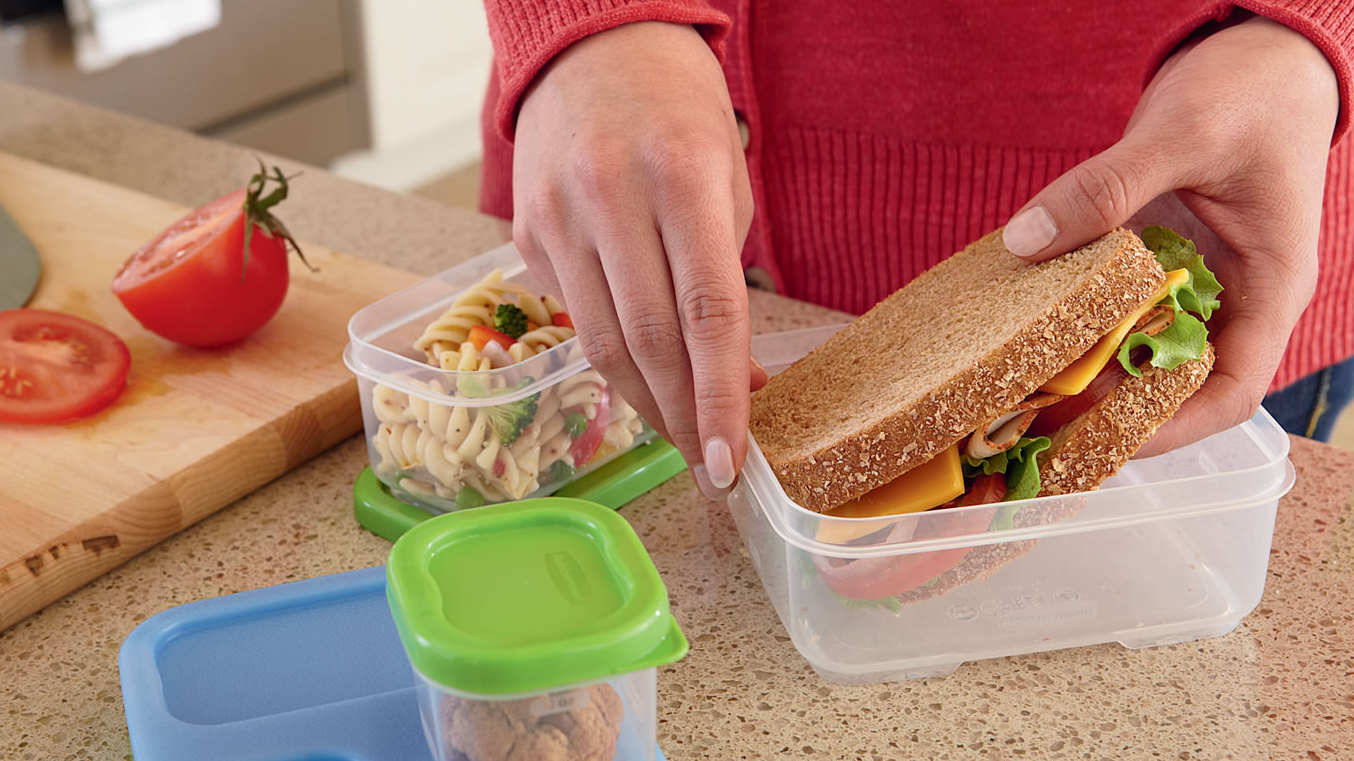- Chemicals in plastic called BPA and phthalates seem to be everywhere.
- Many researchers worry these chemicals can leach into food and get into your body.
- In fact, a survey by the CDC survey estimated that over 90% of Americans have detectable levels of BPA in their urine.
- Studies have linked these chemicals to health effects in humans and animals, including reproductive issues and obesity. But luckily, there are ways to avoid them.
- Business Insider spoke with molecular biologist Bruce Blumberg to figure out how to avoid chemicals like BPA.
Following is a transcript of the video.
Narrator: There’s been a lot of buzz about dubious chemicals in the environment that might contribute to some pretty frightening stuff like obesity, breast cancer, thyroid issues. And they seem to lurk everywhere: in pesticides, cosmetics, and especially plastic packaging. In light of this, it’s understandable to start panicking. But before you do, let’s hear what molecular biologist Bruce Blumberg has to say on the subject. He’s been studying the link between synthetic chemicals and obesity for around 15 years. So he might be able to give us a better idea of what’s really going on and what to do about it.
Bad news is, Blumberg confirmed that, yep, we’re surrounded by these chemicals. One of the most well known is BPA, or Bisphenol A, which shows up in water bottles, cans, milk cartons, and more.
Bruce Blumberg: You get them from thermal paper receipts. Like I have, I have these receipts from a recent trip. All of these things are coated with Bisphenol A. It goes right into your skin.
Narrator: BPA has been making headlines for years about whether or not it's harming us. And while FDA-funded and independent studies have conflicting conclusions, the bigger heart of the issue is this: BPA is hard to get away from because it's a key building block in the tough, clear, flexible plastic called polycarbonate. And that proximity to food is what concerns scientists like Blumberg.
Bruce Blumberg: You don't want to store food in plastics because some fraction of those plastics will leach into your food.
Narrator: The BPA molecules that make up plastic are bound together by what's called an ester bond, which is extremely sensitive to heat. So when you heat up your food in plastic, that heat breaks some of the bonds, releasing the chemicals into your food. A survey by the CDC of 2,517 people estimated that over 90% of Americans have detectable levels of BPA in their urine. And BPA isn't alone. Phthalates, which make plastic flexible, can also leach into food when heated.
And reviews of hundreds of studies have linked BPA and phthalates to heart disease, obesity, and Type 2 diabetes. Not to mention a 2015 review linked phthalates with impaired neurological development in children, which in 2018 prompted the American Academy of Pediatrics to announce that families should avoid plastic food containers entirely. And other studies on animals, like mice and monkeys, have shown that these chemicals can lead to problems in the lungs, brains, and reproductive organs.
This is about the time someone like me would probably panic. But there are ways you can avoid these chemicals. Blumberg suggests it's best to just stick to heating your food in anything but plastic. Now, quick aside, BPA-free plastic containers aren't the answer because research suggests that BPS and BPF, the most common replacements for BPA, might have similar effects on your body. Instead, opt for replacements like ceramic or glass containers.
Bruce Blumberg: You have to do the best you can, and it makes sense to me to do the things that give you the most return for the least effort.
Narrator: And here's the best part. Once you reduce exposure, those chemicals slowly leave your body. As Blumberg says, they're stored in fat cells, which eventually die and ultimately leave your system.
Bruce Blumberg: Don't stress about it, right? Do your best and make conscious choices to improve things.
